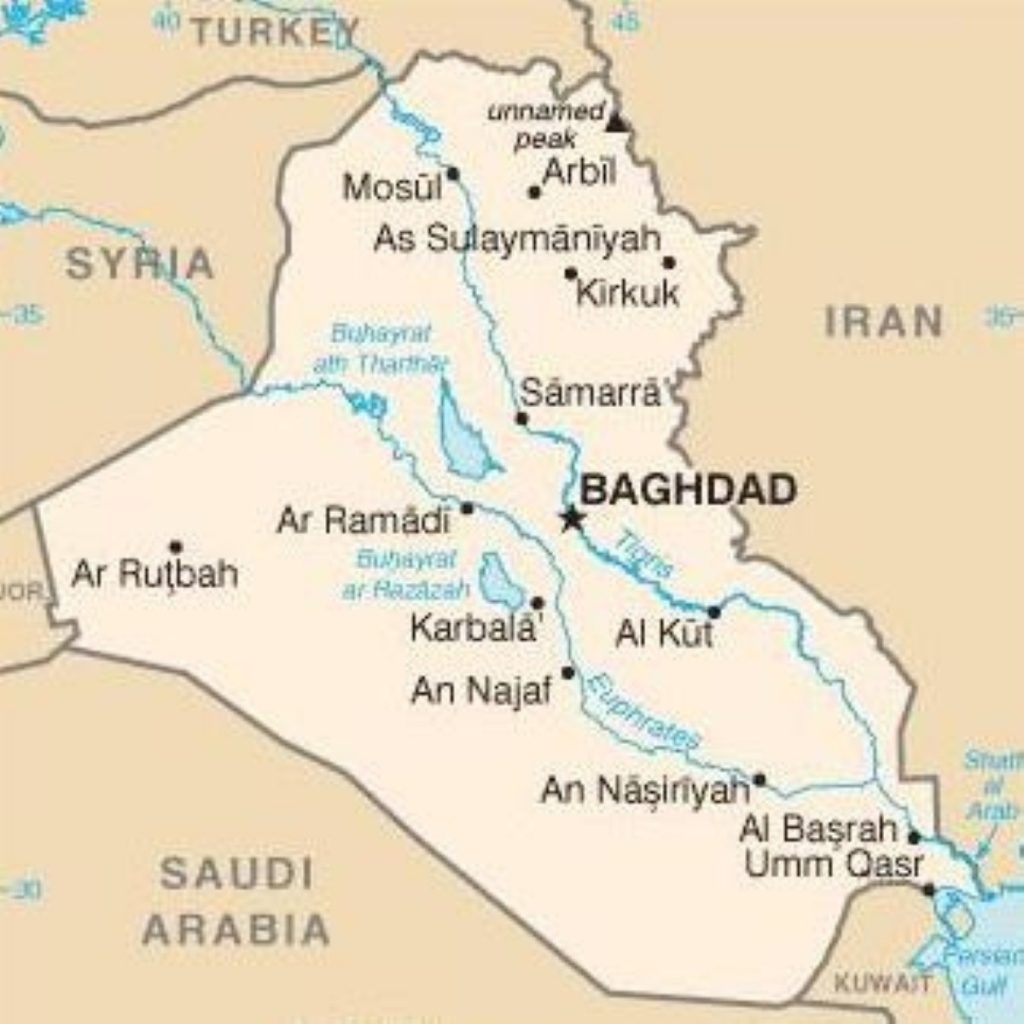British diplomat warns of Iraqi civil war
Iraq is more likely to break into civil war than complete a successful transition to a stable democracy, Britain’s outgoing ambassador to Baghdad has warned.
In his final analysis of the situation for the Foreign Office, William Patey says that while the situation is “not hopeless”, problems would remain for at least five years.
His assessment, leaked to the BBC, contradicts the hopeful picture painted by both the Iraqi government and by the administrations in Washington and London.
However, Tony Blair insisted the UK would “stay the course and stand up for those fighting sectarianism, for a better vision of the Middle East based on democracy and the rule of law”.


In his monthly news conference this lunchtime, the prime minister accepted that there was widespread criminality and violence in Iraq, but insisted that the new government under Nouri al-Maliki was “beginning to make a difference”.
But in his assessment, Mr Patey warns: “The prospect of a low intensity civil war and a de facto division of Iraq is probably more likely at this stage than a successful and substantial transition to a stable democracy.
“Even the lowered expectation of President Bush for Iraq – a government that can sustain itself, defend itself and govern itself and is an ally in the war on terror – must remain in doubt.”
Commenting on the Shia militias blamed for much of the violence, he said: “If we are to avoid a descent into civil war and anarchy then preventing the Jaish al-Mahdi from developing into a state within a state, as Hizbullah has done in Lebanon, will be a priority.”
The ambassador says that the position “is not hopeless” in Iraq, but warns the situation in the country will remain “messy and difficult” for the next five to ten years.
In a joint press conference with Iraqi prime minister Nouri al-Maliki last month, Tony Blair admitted there was “obviously a very difficult and challenging” situation in Iraq at the moment, but he refused to acknowledge claims of civil war.
Mr al-Maliki himself told reporters that day: “Whoever wants to stop this process will never be able to do so, because the country is established, but there are people who want to flare sectarian conflict and do sectarian killings.”
He added: “We will not allow the country to slide into a sectarian war or a civil war and this is what Iraqis have proved is that whenever the country is in danger they gather together, they stay together and they help each other to protect the country.”
In response to today’s leak, the Foreign Office said only: “Every day the capacity of the Iraqi security forces to manage their own security is growing. A process has begun of progressively handing over responsibility for security in Iraq’s provinces.”
However, Liberal Democrat foreign affairs spokesman Michael Moore warned the ambassador’s assessment “contrasts starkly” with the government’s official statements on the issues, and stripped away ministers’ confidence to reveal the “raw truth”.
“There is an urgent need to produce a strategy for Iraq to create a UN-driven peace process which draws in the neighbouring states, focuses on enhanced security measures, ends coalition abuses such as indefinite detention and delivers on the reconstruction pledges,” he said.
“We strongly opposed the war in Iraq, but we equally strongly condemn the lack of any strategy to deal with the consequences. The ambassador has removed any remaining basis for the government’s complacency.”












